If you’re experiencing persistent weight gain and have skipped a period or two and are not pregnant, don’t be so quick to blame stress. In fact, experts believe that more than half of women with polycystic ovary syndrome (PCOS) don’t even realize they have it. Find Out if You Have PCOS with these 7 Signs. PCOS, a hormonal disorder that often flies under the radar, is caused by a hormonal imbalance and marked by small cysts on the ovaries. 5 to 10 percent of women between the ages 20 to 40 are affected by the condition but less than half are actually diagnosed according to the PCOS Foundation.
To hopefully bring clarity to millions of women potentially affected by this disorder, we have compiled a list of the most common symptoms of PCOS that are often subtle and difficult to detect. If you’re experiencing any of these symptoms, get an evaluation from your gynaecologist and explore our other posts discussing lifestyle tips for PCOS and how you can naturally treat and even cure this disorder. PCOS with these 7 Signs:
1. Irregular Menstrual Cycle
Skipping periods and having an unpredictable menstrual cycle are hallmarks of PCOS. Dr. Maryam Siddiqui, MD, assistant professor of obstetrics-gynaecology at the University of Chicago Medicine says:
“Our menstrual cycle is like a vital sign. It tells us if our metabolism is in a good state; if you’re too thin, overweight, or stressed, that can throw your cycles off. Having irregular periods or more likely, skipping multiple periods could be a sign of hormonal imbalance like PCOS.”
Menstrual irregularities should be the first red flag and prompt you to visit a gynaecologist.
2. Abnormal Hair Growth
Hirsutism, or excessive hair growth on women on parts of the body where hair does not normally grow, is a common symptom of PCOS. The ovaries are producing excessive amounts of androgens, a hormone that can stimulate hair growth. Hair could grow on the face, chest, inner thighs and stomach, places where women do not normally see excessive hair growth.
3. Breaking out Like a Teenager
Elevated androgen levels can also cause breakouts. The hormone boosts sebum production and the combination of excess oil and old skin tissue clogs pores. Bacteria flourish on sebum triggering inflammation.
4. A Dark “ring” around Your Neck
That strange discoloration on your neck, also called acanthosis nigricans, is not from that cheap necklace you bought at a market. PCOS can cause stubborn dark patches of skin on the back of the neck that don’t wash off. This change in pigmentation can also appear under your arms and around the vulva.
5. Sudden and Persistent Weight Gain

Inexplicable weight gain, particularly around the abdomen, is a symptom of PCOS. More research is needed to understand why weight gain is often a sign of PCOS however, Dr. Siddiqui explains:
“With PCOS, you can have trouble metabolizing blood sugar, known as insulin resistance. When you have insulin resistance, your pancreas has to work really hard and make a lot of insulin just to lower your blood sugar. That is linked to weight gain and central obesity.”
As a result, women with PCOS are at an increased risk of developing type 2 diabetes.
6. The Appearance of Skin Tags
Skin tags are common, small growths of flesh-colored skin on various parts of the body including the eyelids, neck, armpits, groin folds and under the breasts. These can be caused by friction and nearly everyone will develop one at some point in their life however, while not understood why, skin tags tend to crop up around the neck area and under the arms in women with PCOS.
7. Struggling with Fertility

The hormonal imbalance prevents normal ovulation which is essential for pregnancy to occur. It’s no surprise then that PCOS is one of the most common causes of infertility in women. In fact, according to the PCOS Foundation, 70 percent of infertility problems in women who have trouble ovulating are caused by PCOS.
Conclusion
if you have PCOS with these 7 Signs, If you’re experiencing any of these symptoms, only your gynecologist or general doctor can tell you if you have PCOS. A diagnosis however is not the end of the world. Our other posts cover in detail life style changes you can make to treat and even cure PCOS naturally. More women are finding that proper nutrition, exercise and the right supplements are drastically improving their quality of life.
Furocyst, for example, is extracted from the Fenugreek seed without using chemicals and is rising in popularity as a beneficial supplement. Clinically proven safe and effective for managing PCOS, Furocyst is shown to reduce the size of ovarian cysts and improve insulin sensitivity. For more information, visit our website www.furocyst.com
So, talk to your doctor, maybe swap that sausage and egg McMuffin for a fat-burning bowl of oats, berries and coconut milk, walk for 30 minutes and add a supplement to your daily routine.
The statement and product have not been evaluated by the FDA to diagnose, treat, cure or prevent any disease.

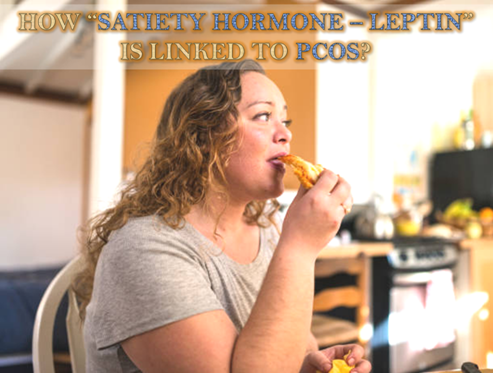
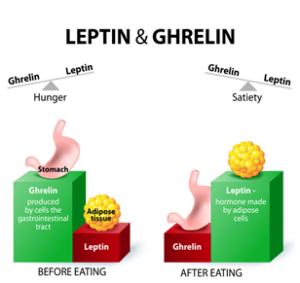
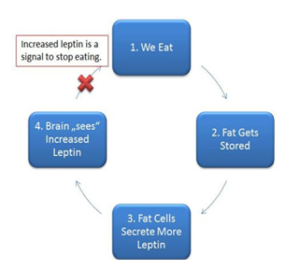

 Leptin
Leptin












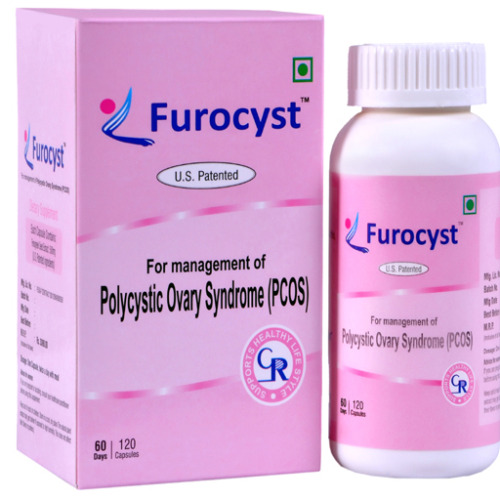
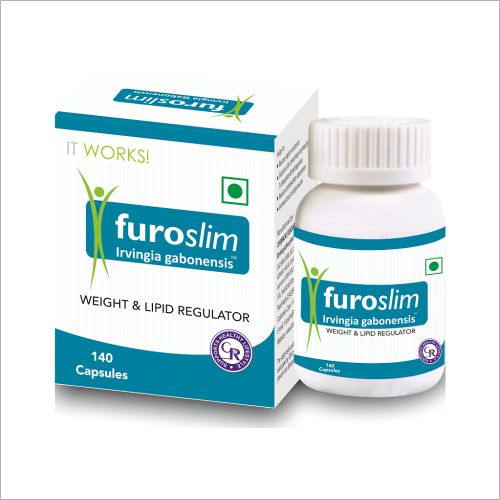 Another supplement to curb those hunger pangs in
Another supplement to curb those hunger pangs in 








